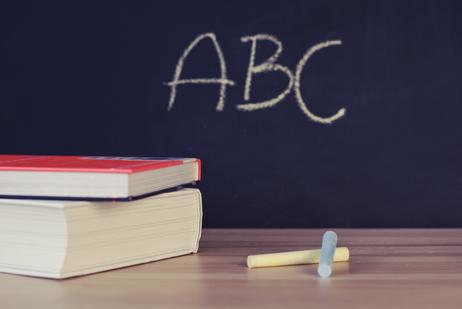School reform at the federal level has been highly touted as the way to turn around failing schools and ensure a high-quality education for all students in the U.S. However, opponents of that reform are claiming that the process currently used to improve failing schools is actually having the opposite effect – discriminating against the very students it is claiming to help. Is school reform doing more harm than good? The answer depends on who you ask.
The Advent of School Reform
In 2010, President Obama championed school reform by revamping the School Improvement Grant program. The move increased the annual budget of the program from $125 million to $535 million. The administration also pumped a one-time amount of $3.5 billion in 2010 allocated directly to districts that were willing to undertake one of four jumpstart models toward serious education reform.
The four jumpstart models include:
- Turning a failing school over to a charter operator
- Instituting a new principal and learning strategy
- Replacing at least half the school’s administrative staff
- Closing the school completely
Schools labeled as improvement schools may receive up to $2 million in additional funding annually for up to three years. A number of districts have risen to the challenge, identifying schools most in need of reform and establishing plans to turn those schools around. Unfortunately, the results of those efforts have been mixed thus far.
This TEDTalk explains who the real experts in school reform are.


















